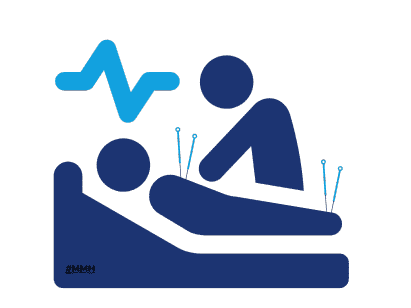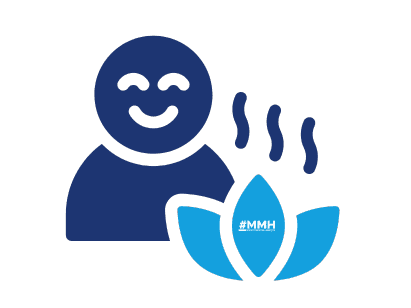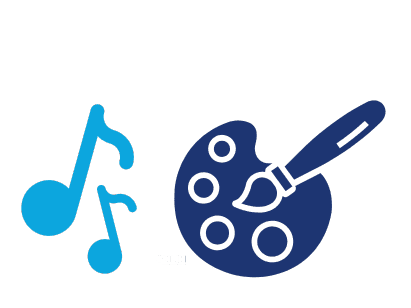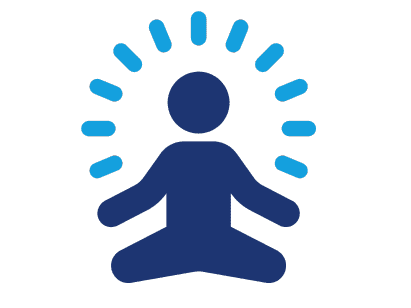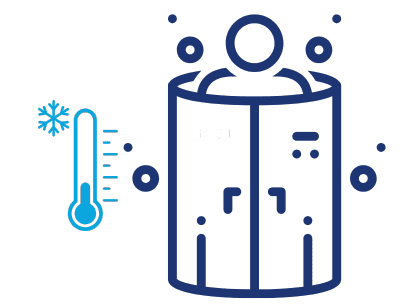MMH Men’s Mental Health does not provide direct mental health support. We do not offer crisis intervention, therapy, counselling, or medical advice. Instead, we provide information and signposting to external services that may be able to help.
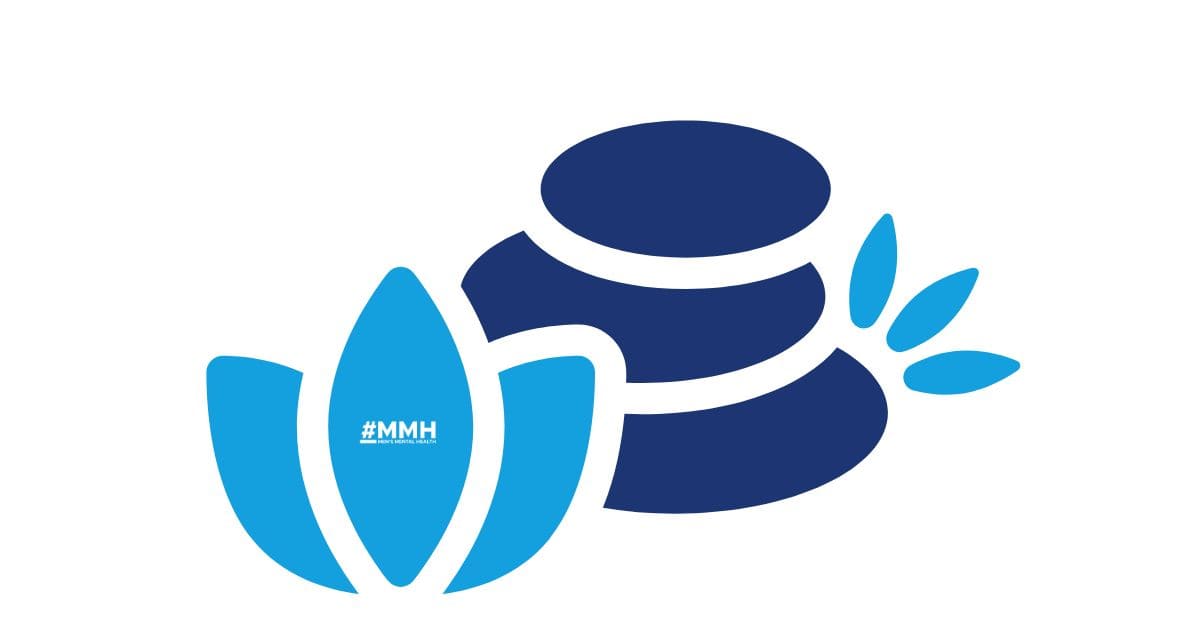
Alternative Treatments
Overwhelmed and unsure where to turn? Support is available when you need it.
Need to talk?
Samaritans are here to listen, 24/7, 365 days a year. You can call them for free on 116 123 or visit www.samaritans.org
Prefer to Text?
Shout is a free, confidential, 24/7 text messaging support service for anyone who is struggling to cope.
If you feel in danger please call 999 or go directly to emergency services.
Alternative Treatments: Complementary Approaches to Mental Well-being
Alternative treatments offer complementary approaches to traditional mental health care. These methods can support emotional well-being, reduce stress, and enhance overall quality of life.
📌 While alternative treatments do not replace therapy or medication, they can be valuable additions to a holistic mental health plan.
If you’re looking for additional ways to improve your mental well-being, exploring alternative treatments may provide extra support alongside conventional therapies.
What Are Alternative Treatments?
Alternative treatments refer to non-traditional approaches to mental health care that focus on holistic well-being.
✅ These methods often involve:
✔ Natural remedies, such as herbal supplements or acupuncture.
✔ Creative therapies, like art and music therapy.
✔ Mind-body practices, including yoga, tai chi, and cold therapy.
📌 These treatments aim to complement therapy and medication by offering additional coping strategies and emotional support.
How Can Alternative Treatments Help?
Non-traditional treatments can provide several mental health benefits:
🔹 Reducing Stress & Anxiety – Practices like acupuncture and herbal remedies promote relaxation.
🔹 Enhancing Emotional Well-being – Activities such as art and music therapy encourage self-expression.
🔹 Supporting Physical & Mental Balance – Mind-body practices improve overall well-being.
🔹 Encouraging Mindfulness & Relaxation – Techniques like yoga and tai chi help develop emotional resilience.
🔹 Providing Additional Coping Strategies – Alternative methods offer new tools for managing mental health challenges.
📌 While results vary, many individuals find these treatments beneficial for improving mood, focus, and overall well-being.
What to Expect from Alternative Treatments?
When exploring alternative approaches, keep the following in mind:
✅ Varied Effectiveness – Different treatments work for different individuals.
✅ Complementary Use – Best used alongside therapy, medication, or lifestyle changes.
✅ Gradual Improvement – Benefits may take time to become noticeable.
✅ Holistic Approach – These methods support both physical and emotional health.
✅ Guidance May Be Needed – Seeking professional advice before starting alternative treatments is recommended.
📌 Alternative treatments should be approached with an open mind while ensuring they align with your overall mental health plan.
Types of Alternative Treatments
Various alternative approaches can support mental well-being:
🟡 Acupuncture
A traditional Chinese practice that may help reduce anxiety and stress.
Read More: Acupuncture
🟡 Herbal Remedies
Natural supplements, such as St. John’s Wort, may support mood stability.
Read More: Herbal Remedies
🟡 Art & Music Therapy
Creative expression techniques to aid emotional processing.
Read More: Art & Music Therapy
🟡 Yoga & Tai Chi
Mind-body exercises that combine movement with mindfulness.
Read More: Yoga & Tai Chi
🟡 Cold Therapy
Exposure to cold temperatures to stimulate mood-enhancing chemicals.
Read More: Cold Therapy
📌 Before trying herbal remedies or physical treatments, consult with a healthcare provider to ensure they are safe and suitable for your needs.
🚨 Alternative treatments can offer valuable mental health support, but they work best when combined with therapy, lifestyle adjustments, and medical advice. Exploring these methods with professional guidance can help you find what works best for you.
Finding Support for Alternative Treatments
If you’re considering alternative treatments, various UK resources can help:
- Holistic Health Practitioners – Professionals trained in alternative medicine.
- Mental Health Charities – Organisations like Mind offer guidance on complementary therapies.
- Community Well-being Centres – Local centres that provide holistic treatment options.
- Accredited Herbalists & Acupuncturists – Experts who specialise in natural mental health support.
- Online & In-Person Workshops – Sessions focusing on mindfulness, creativity, and relaxation techniques.
Alternative treatments can be valuable in supporting mental health, but they work best when combined with traditional therapies. Always seek professional advice before making significant changes to your mental health care routine.
While we aim to provide accurate and updated information, MMH Men’s Mental Health is not responsible for the quality, accuracy, or availability of external services linked on this page. If you notice a broken link or have a resource to suggest, let us know.Self-Help Strategies for Alternative Treatments
While these steps can help improve mental well-being, they are general suggestions and may not work for everyone.
If your struggles persist or affect your daily life, consulting a professional is recommended.
Explore Relaxation Techniques
Try a Creative Outlet
Experiment with Herbal Teas
Use Temperature Therapy –
Cold showers or heat therapy can help regulate mood.
It’s Okay to Ask for Help.
There is no shame in needing support - everyone deserves help.
Take the next step:
Need to talk?
Samaritans are here to listen, 24/7. You can call them for free on 116 123 or visit www.samaritans.org
Prefer texting?
Shout offers free, 24/7 confidential support. Text ‘SHOUT’ to 85258 to start a conversation or visit
www.giveusashout.org
Explore More
Looking for guidance? Browse external resources on mental health, self-care, and well-being.
Support Groups
Find connection. Join an external support group and connect with others who understand.

